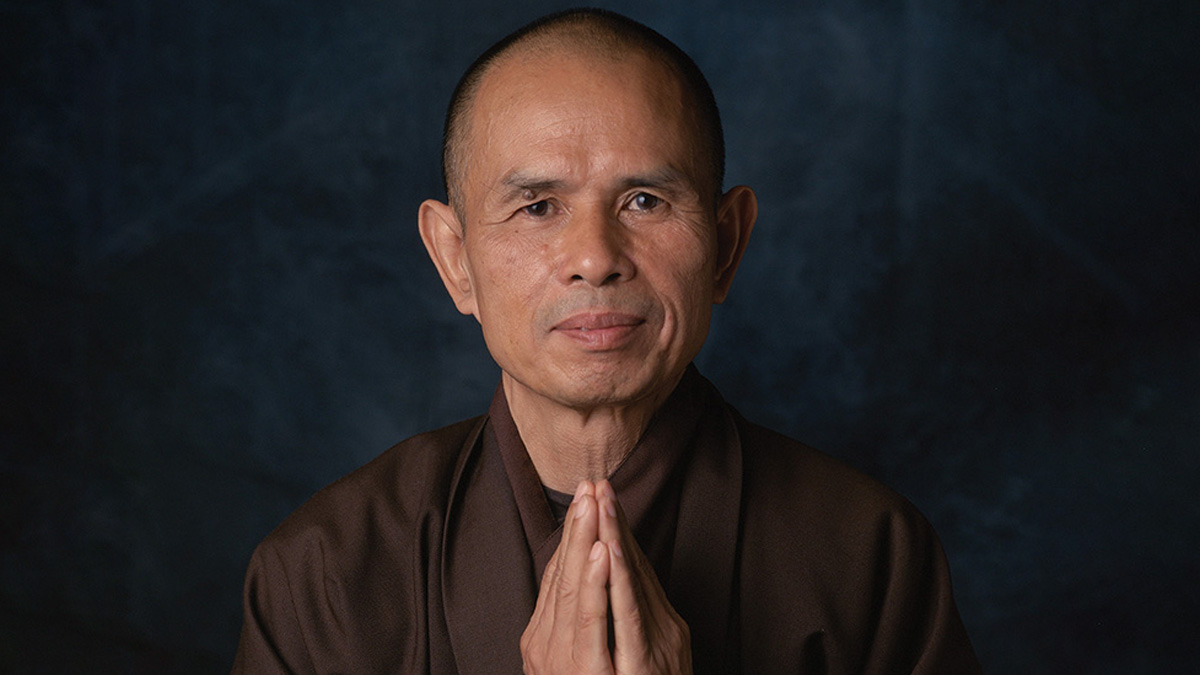My Vietnamese students insist that all monks are referred to as "thâ'y" but this translates as "teacher". They already know I am new to these robes and very much the novice, far from being a teacher, but they say using any other term would cause confusion amongst Vietnamese friends and family.
I wonder if there is a widely understood term in Vietnamese, for a novice monk? Perhaps my students just don't know it yet, but older Vietnamese people might?
Gasshō
Seiko
stlah
I wonder if there is a widely understood term in Vietnamese, for a novice monk? Perhaps my students just don't know it yet, but older Vietnamese people might?
Gasshō
Seiko
stlah

 (I received a lovely "Roshi" ceremony from the wonderful Daiho Hilbert many years ago in the Matsuoka Lineage, but I consider that just a lovely gift between him and me.
(I received a lovely "Roshi" ceremony from the wonderful Daiho Hilbert many years ago in the Matsuoka Lineage, but I consider that just a lovely gift between him and me. 
 for positive poetry 優婆塞 台 婆
for positive poetry 優婆塞 台 婆



Comment